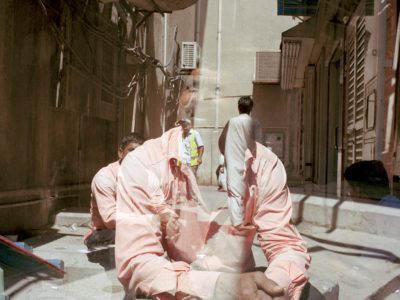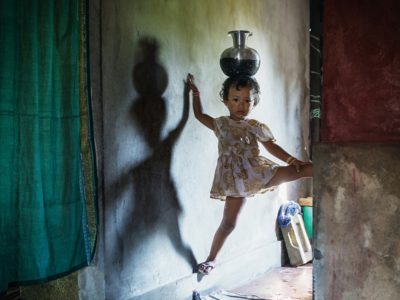This Is Africa — Flurina Rothenberger Captures the Vitality of a Misrepresented Continent
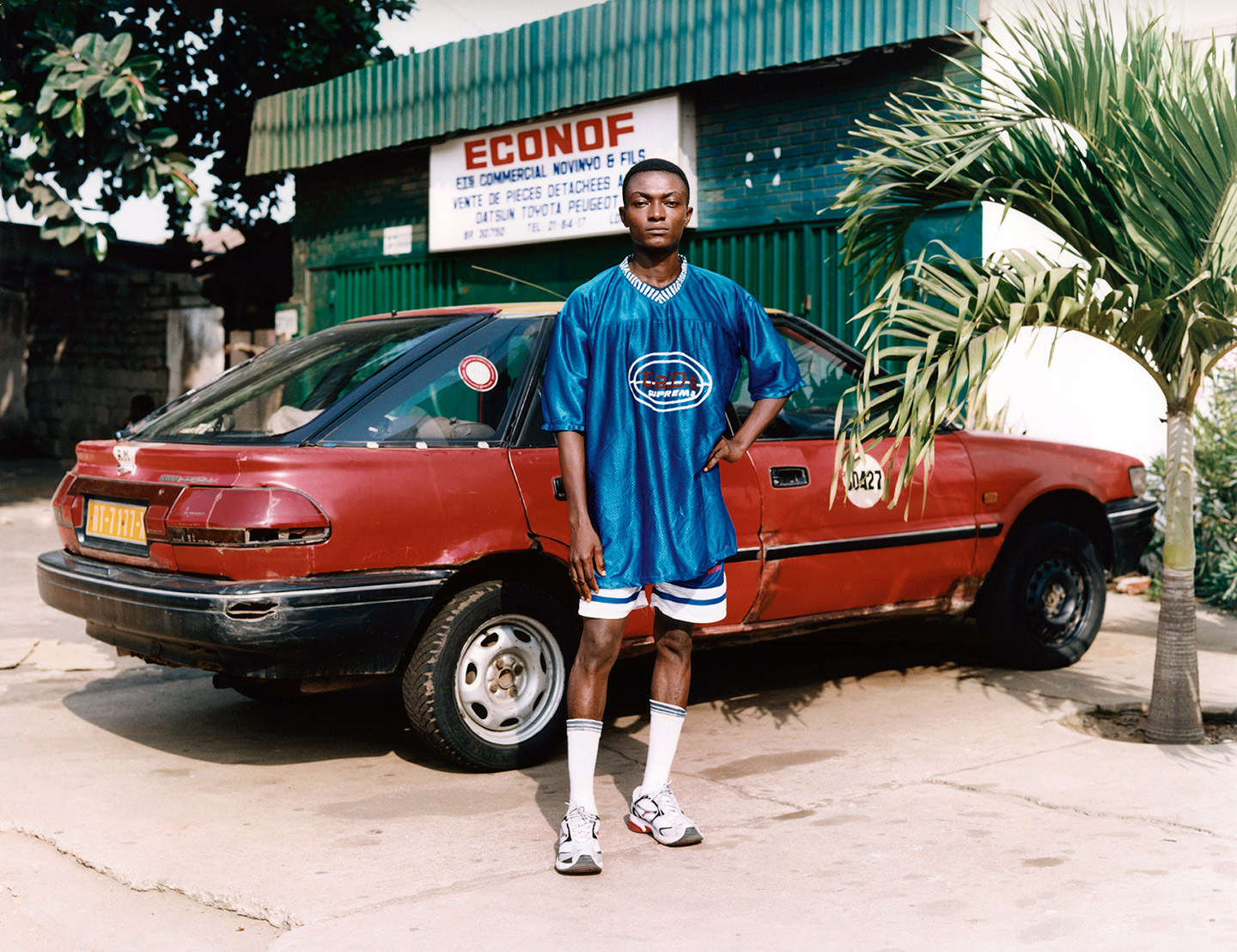
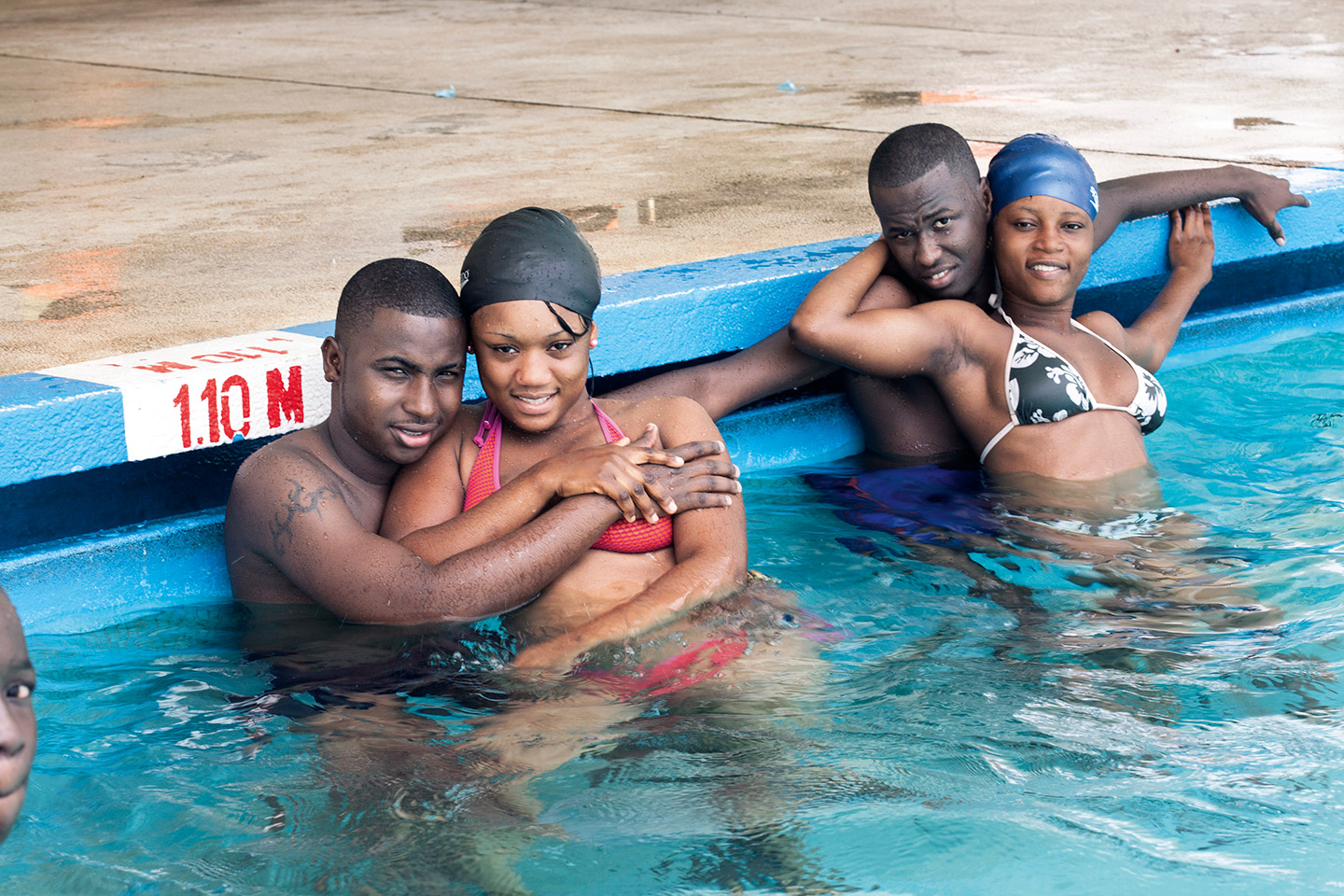
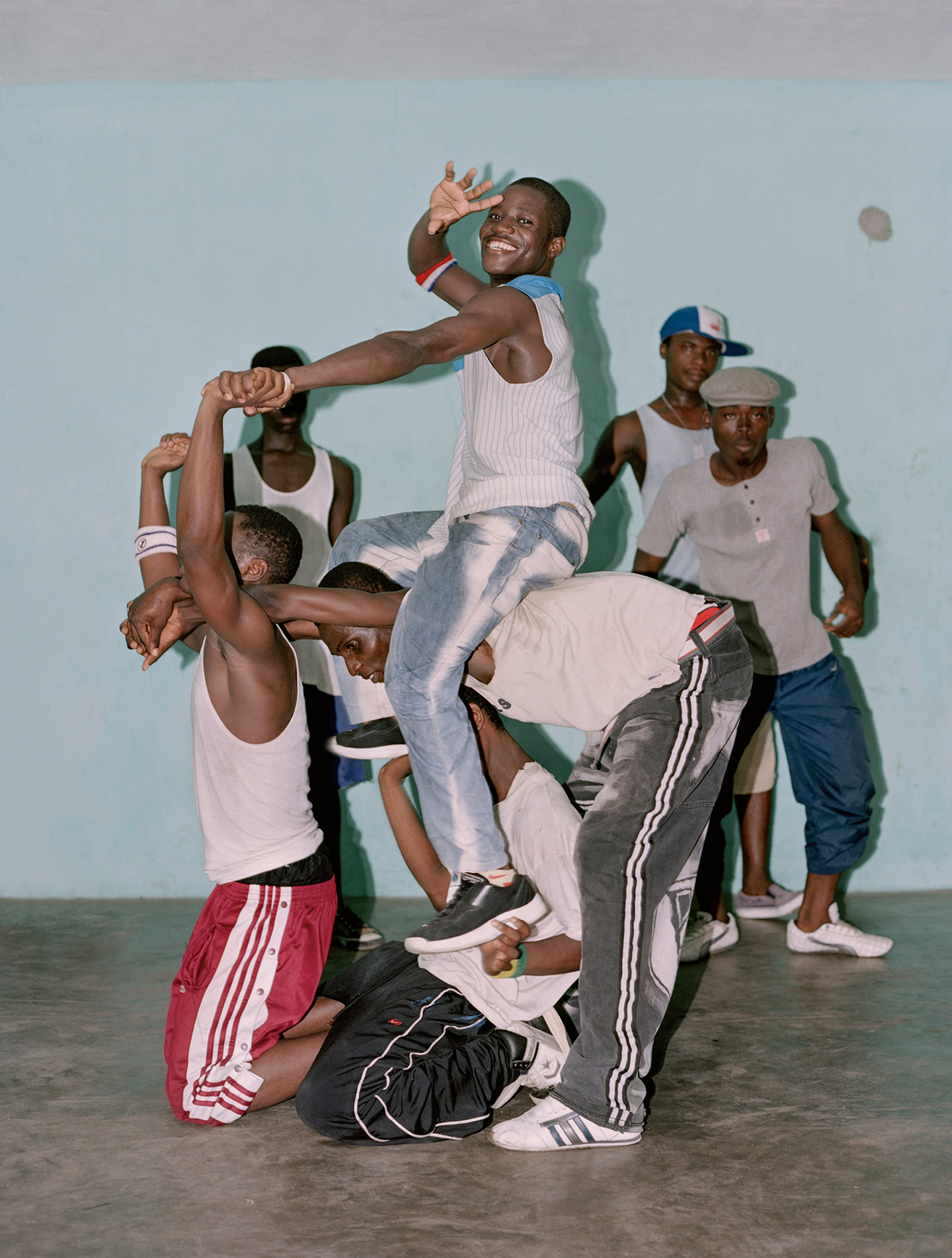
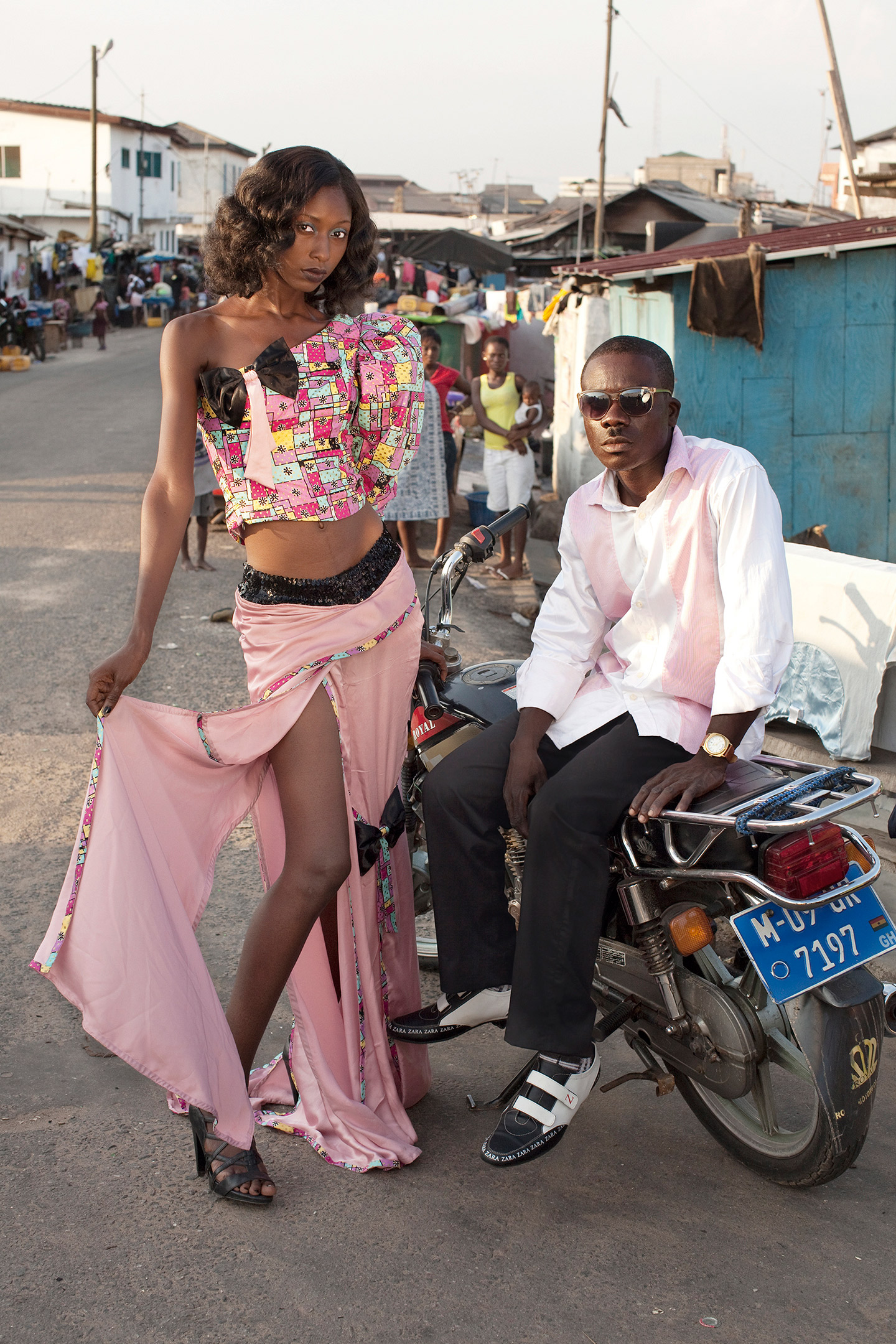
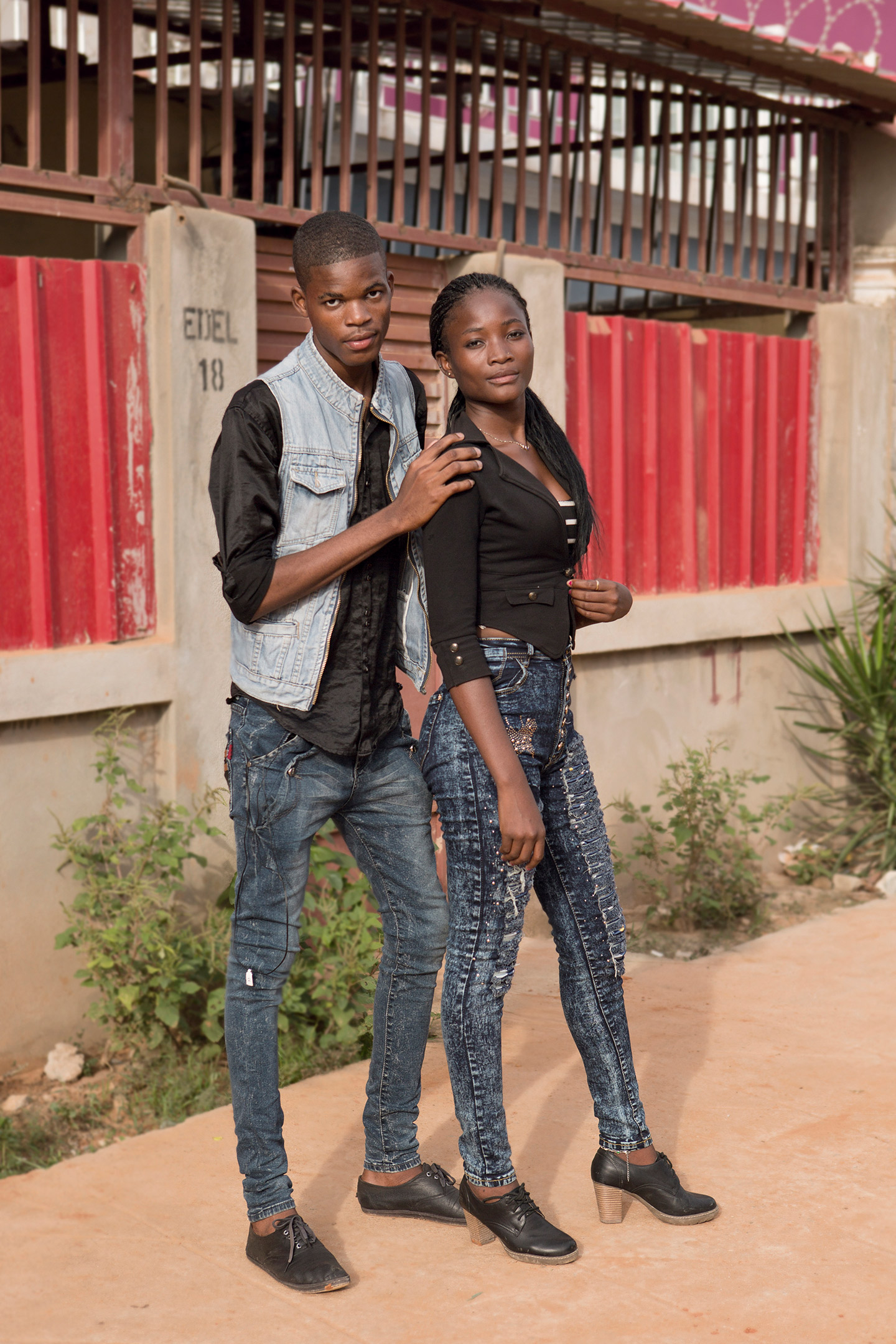
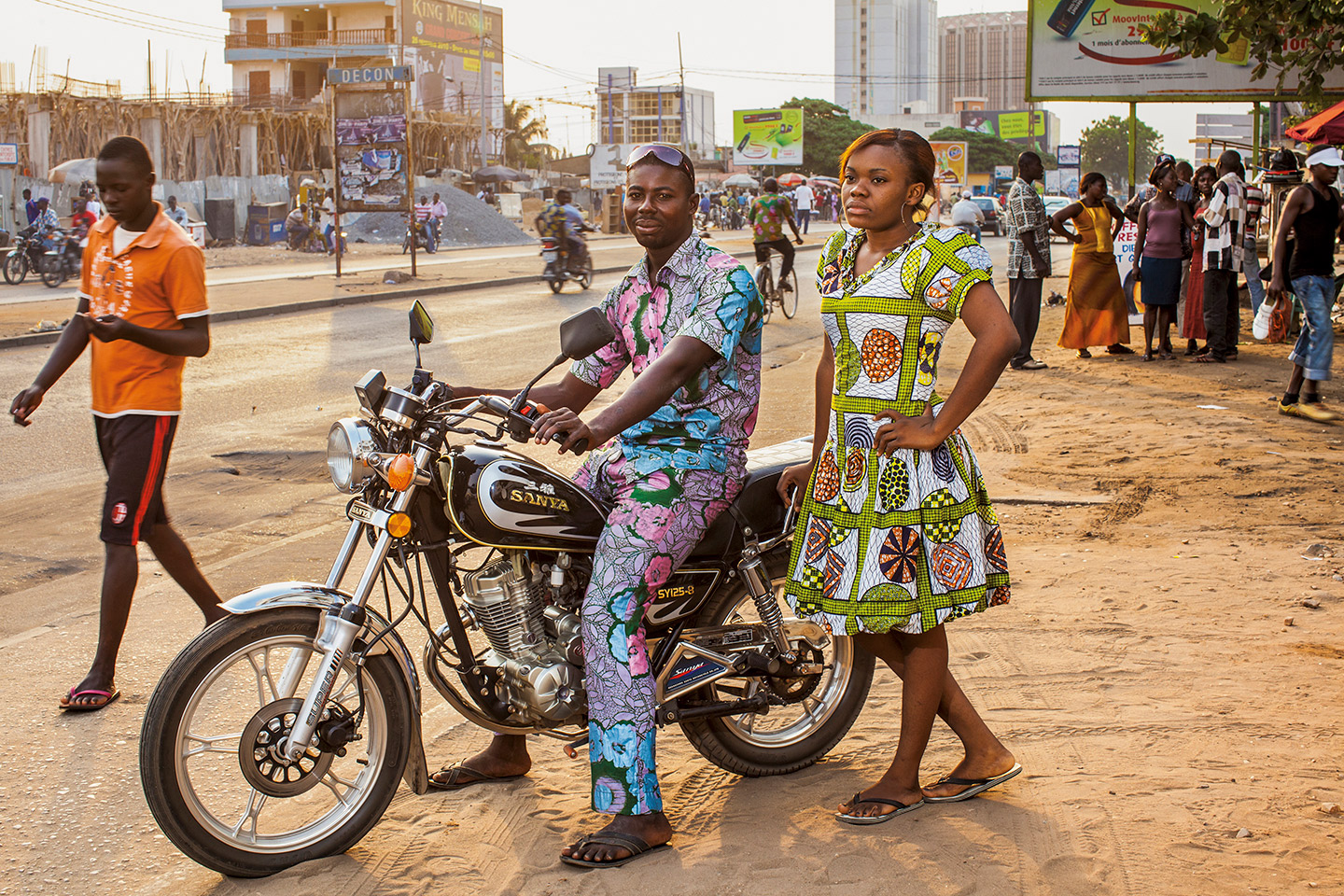
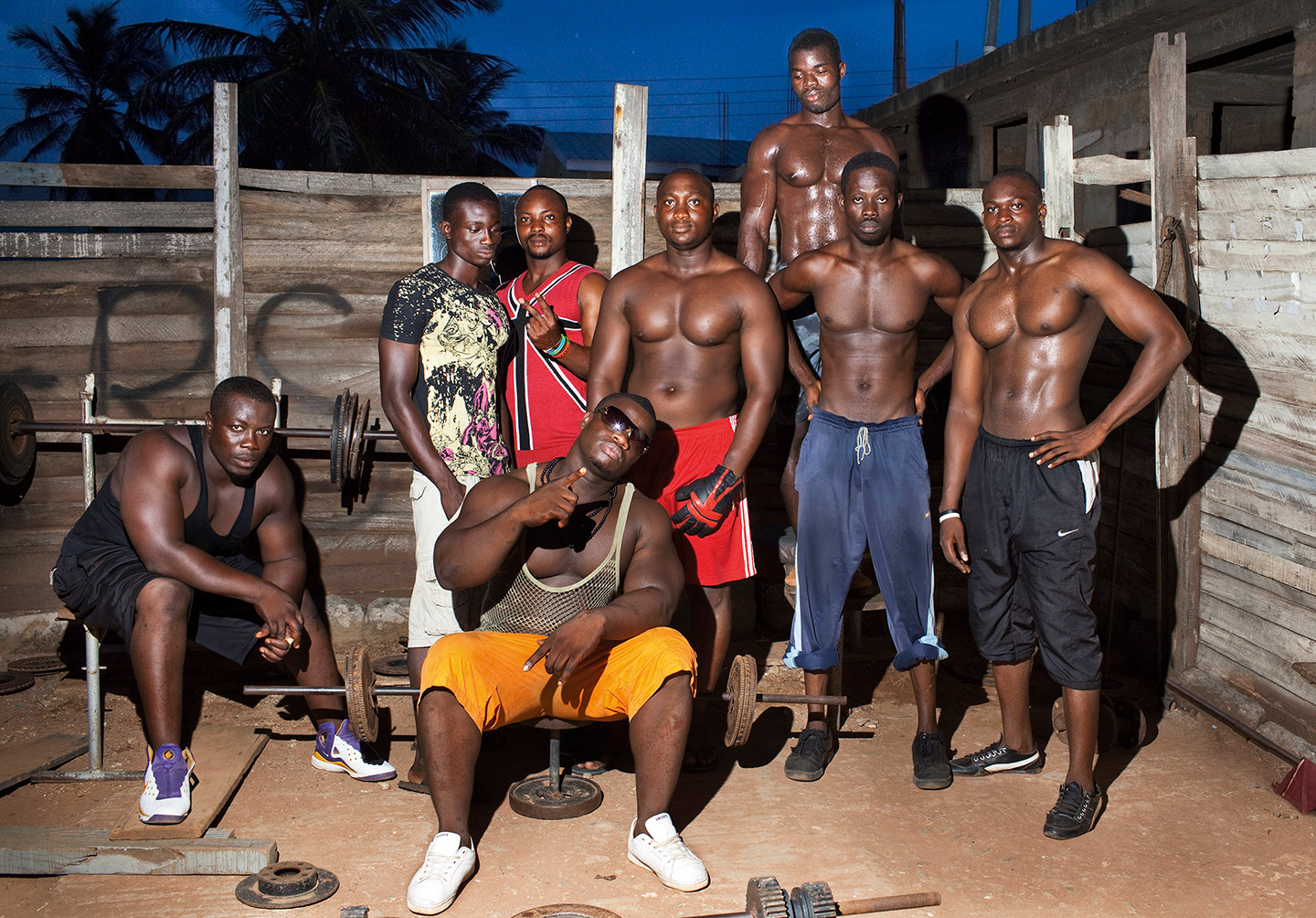
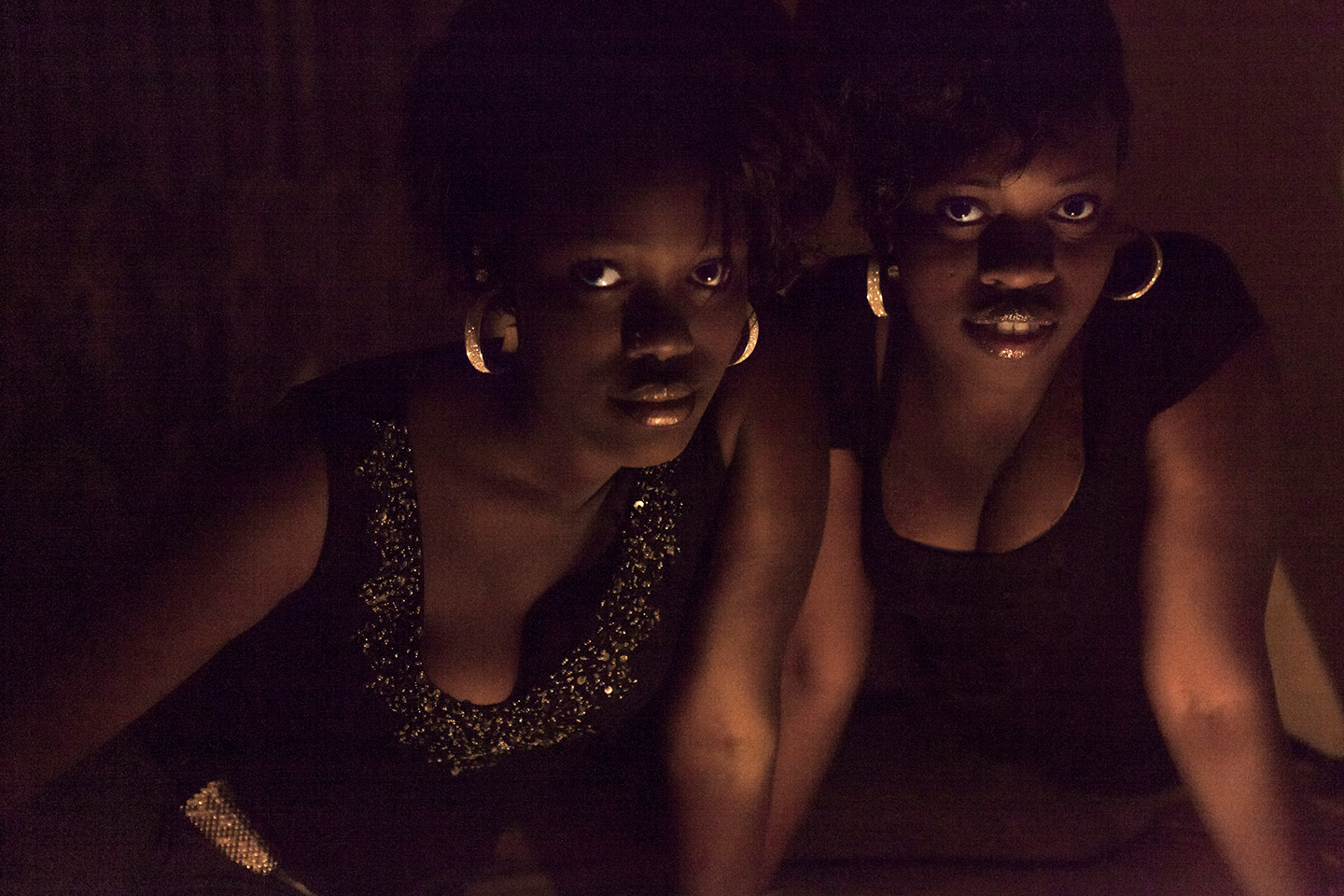
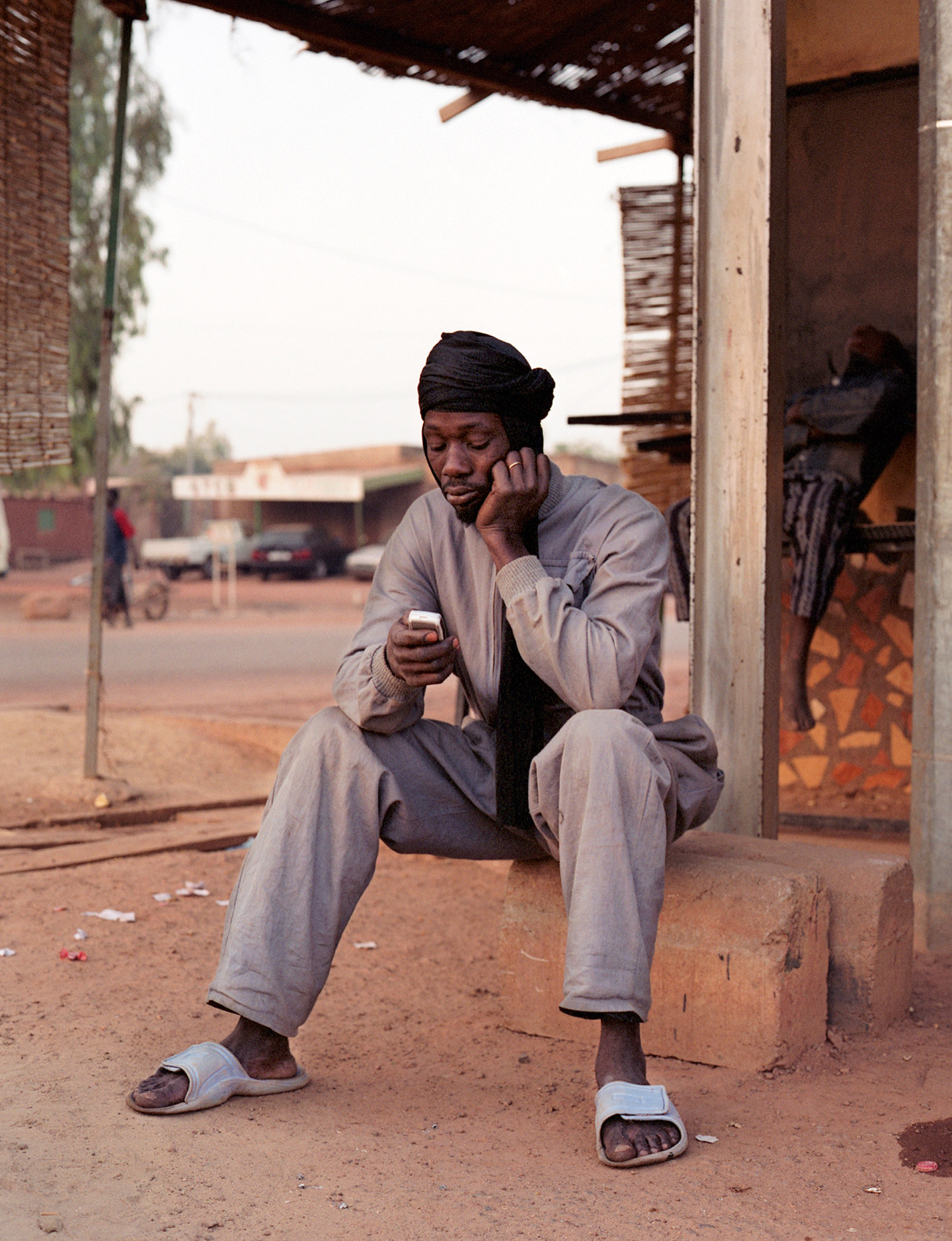
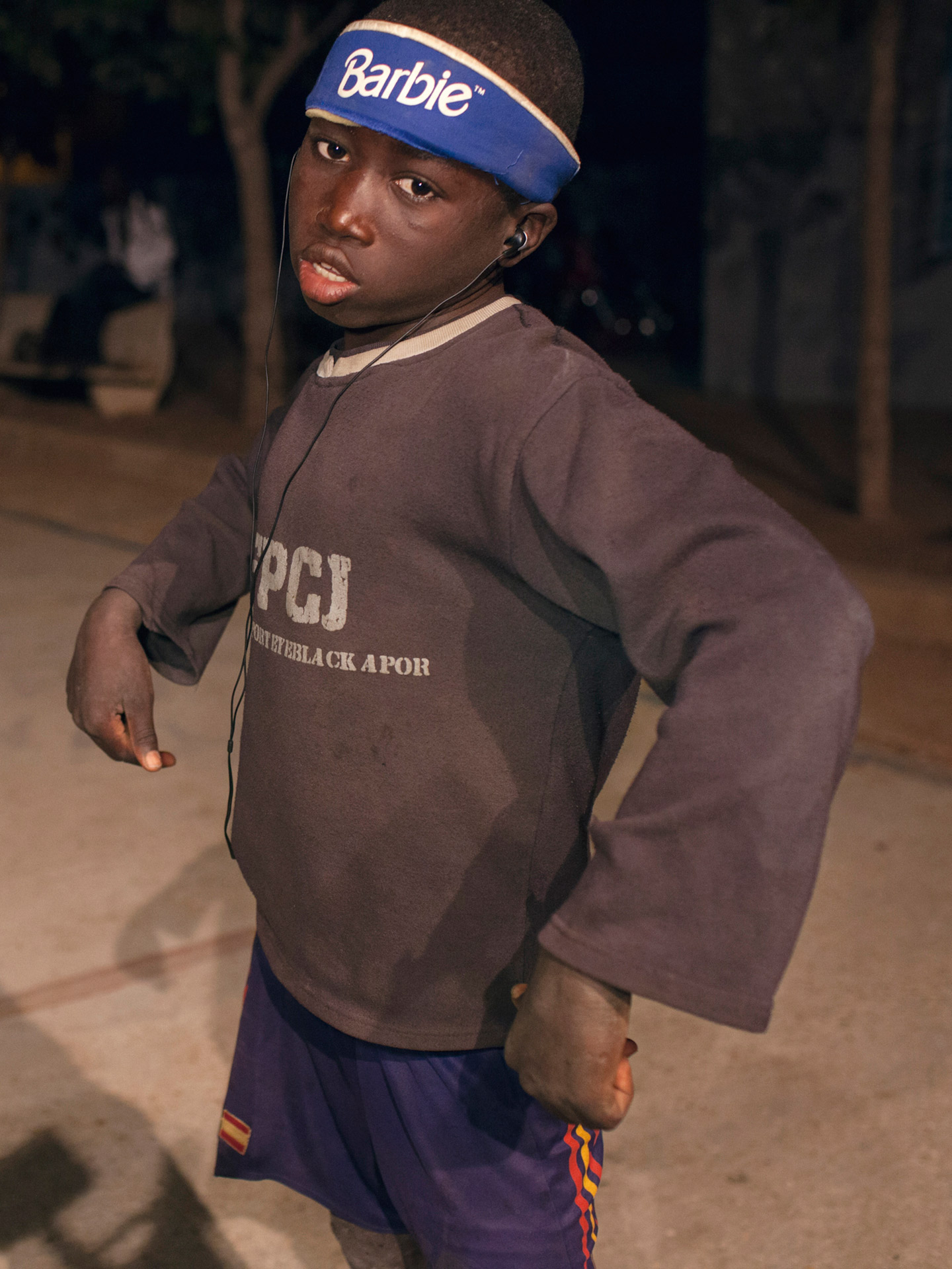
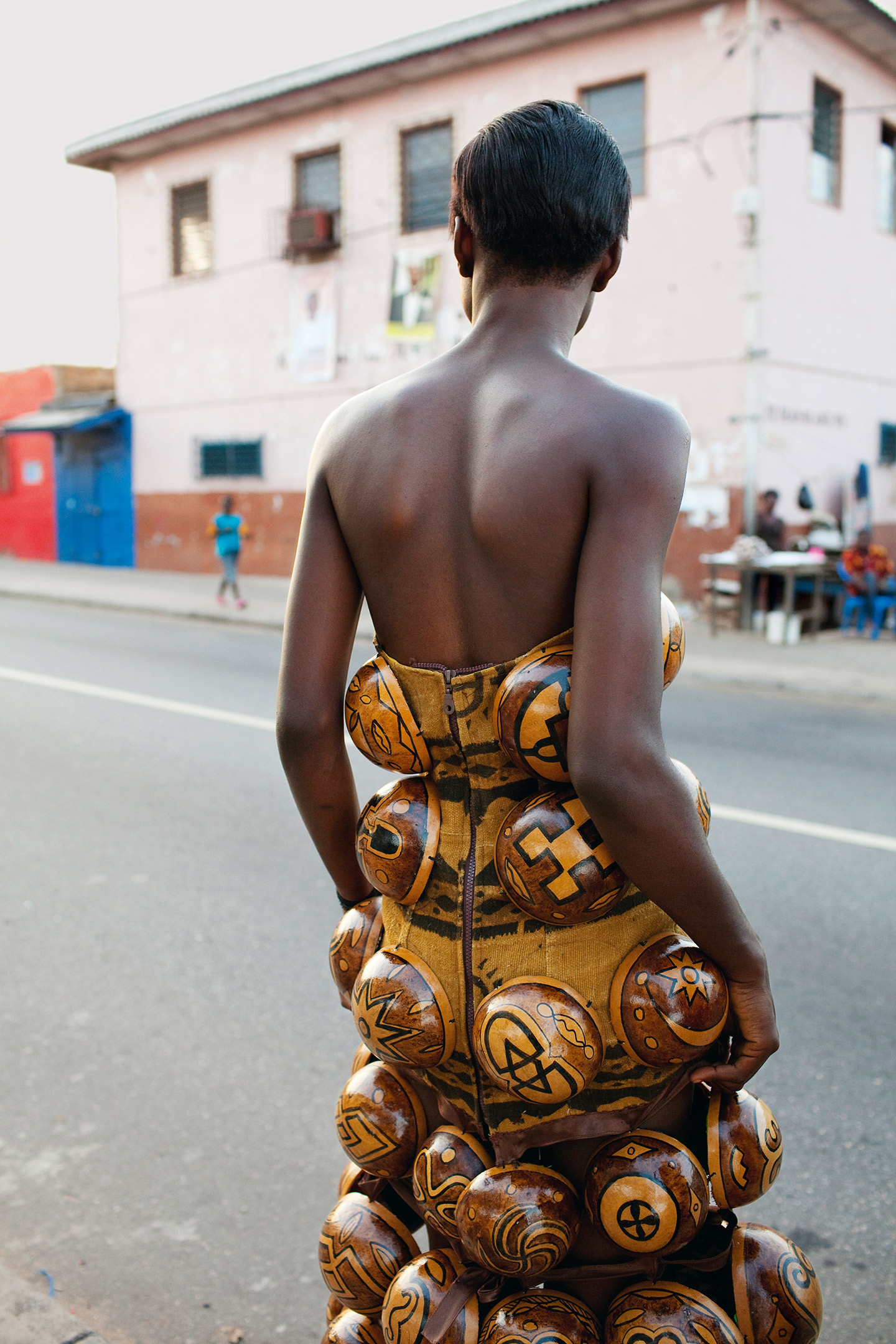
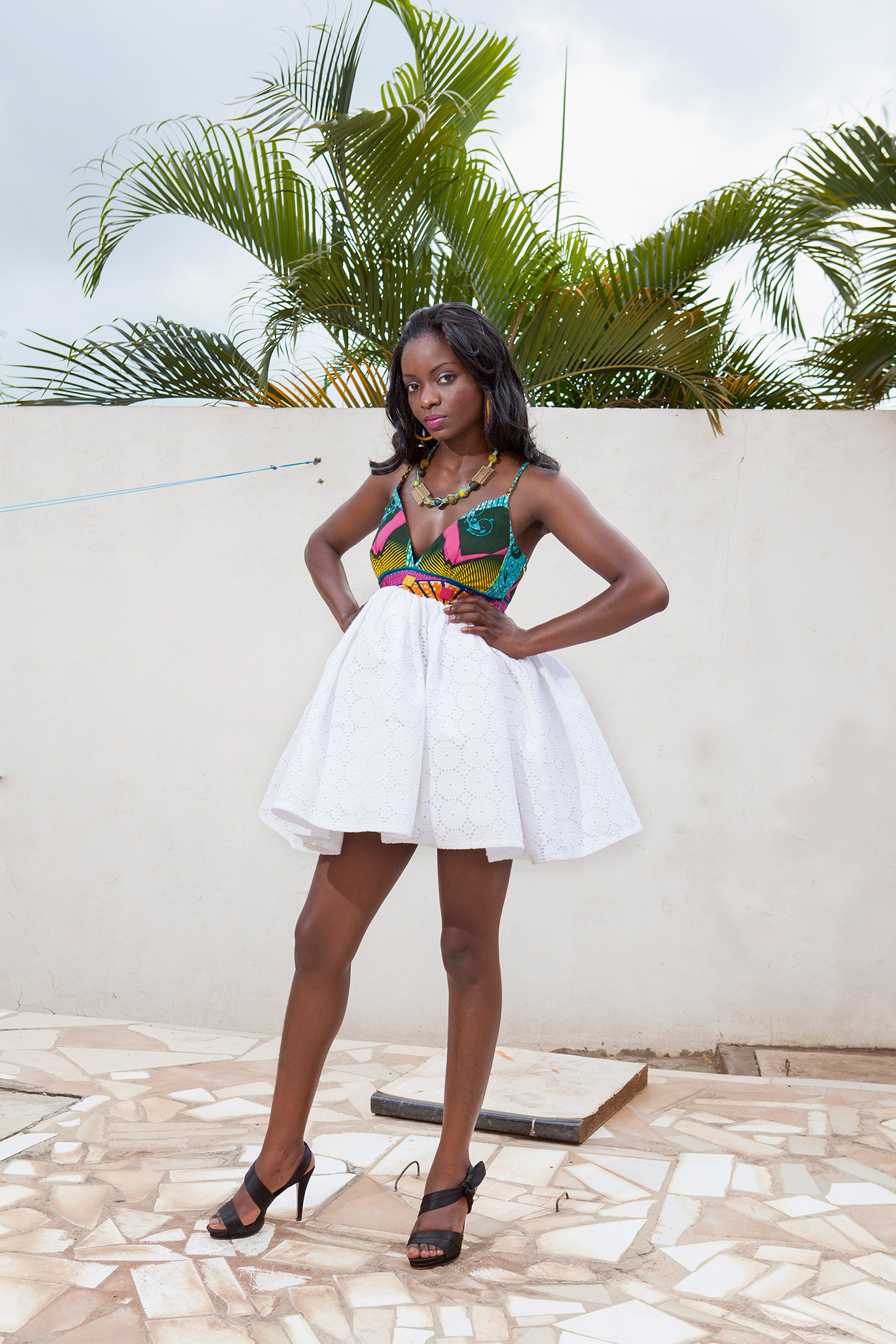
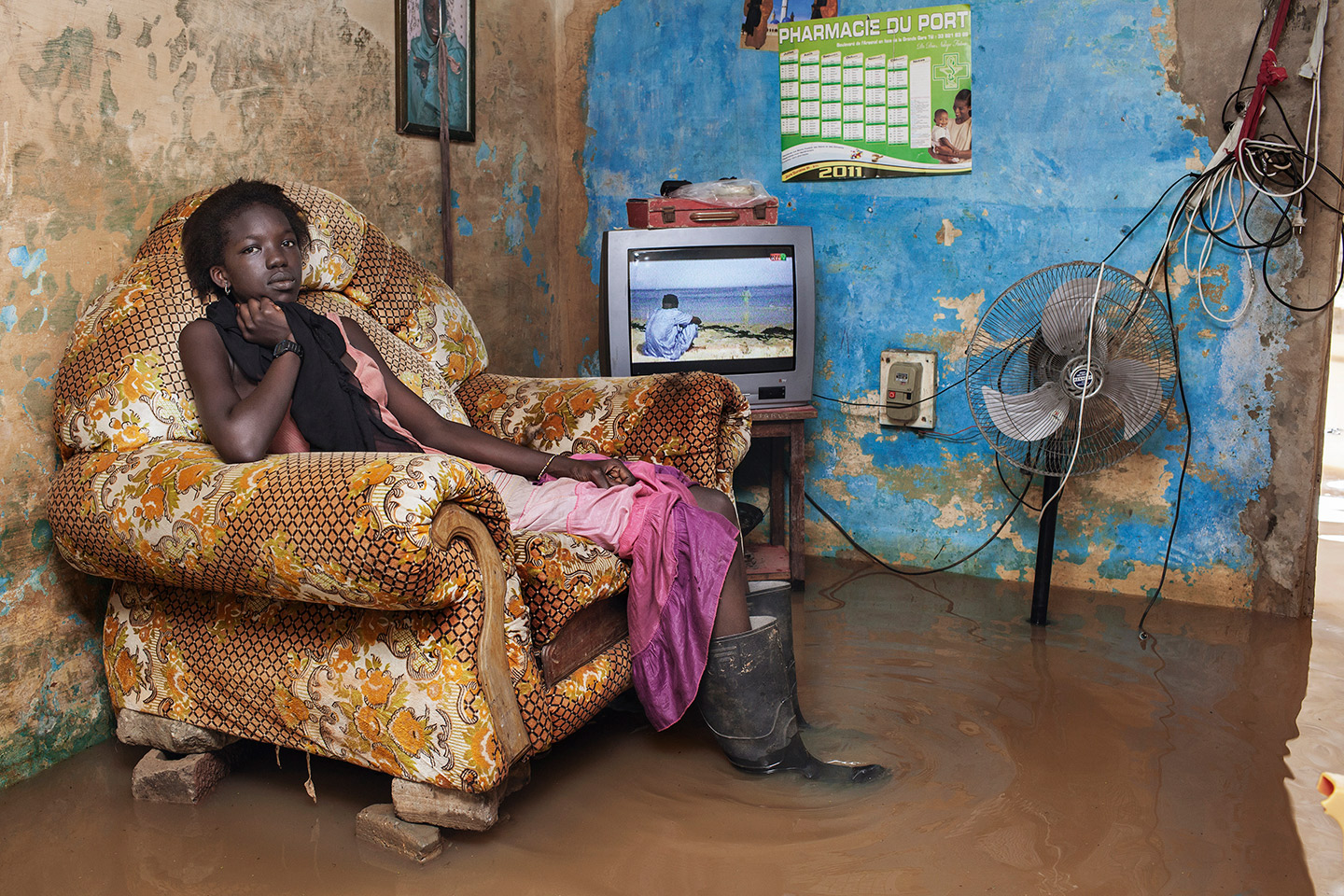
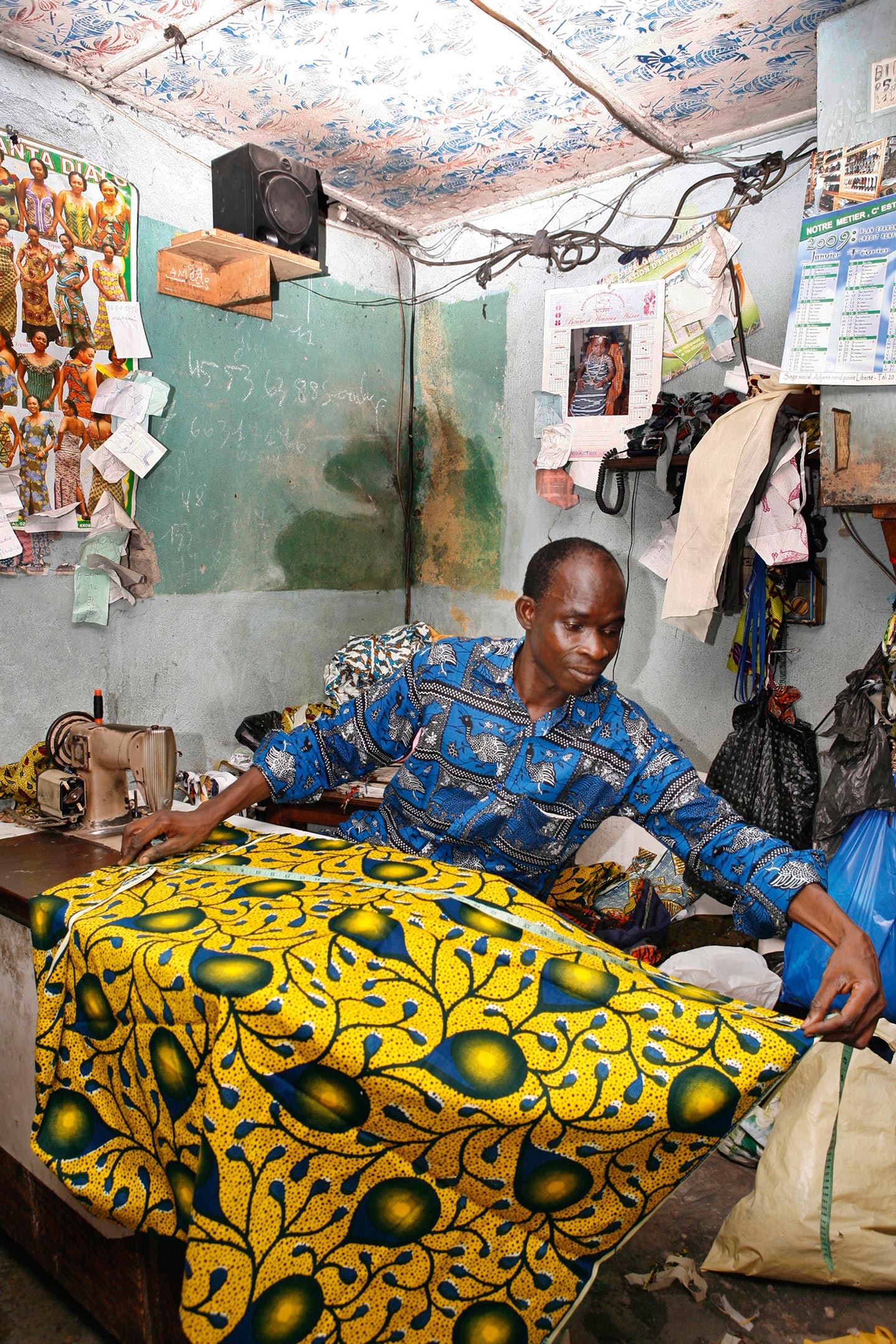
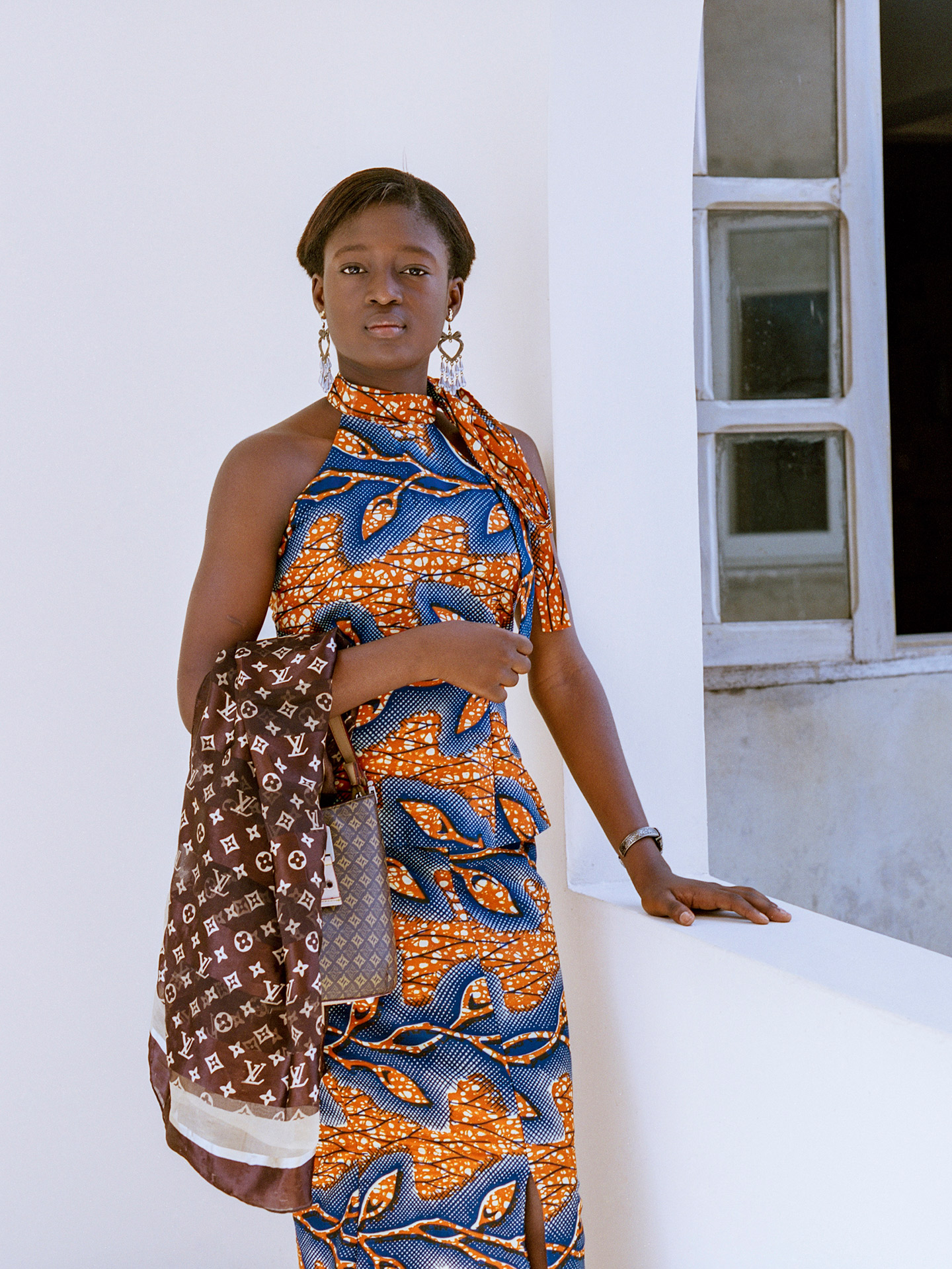
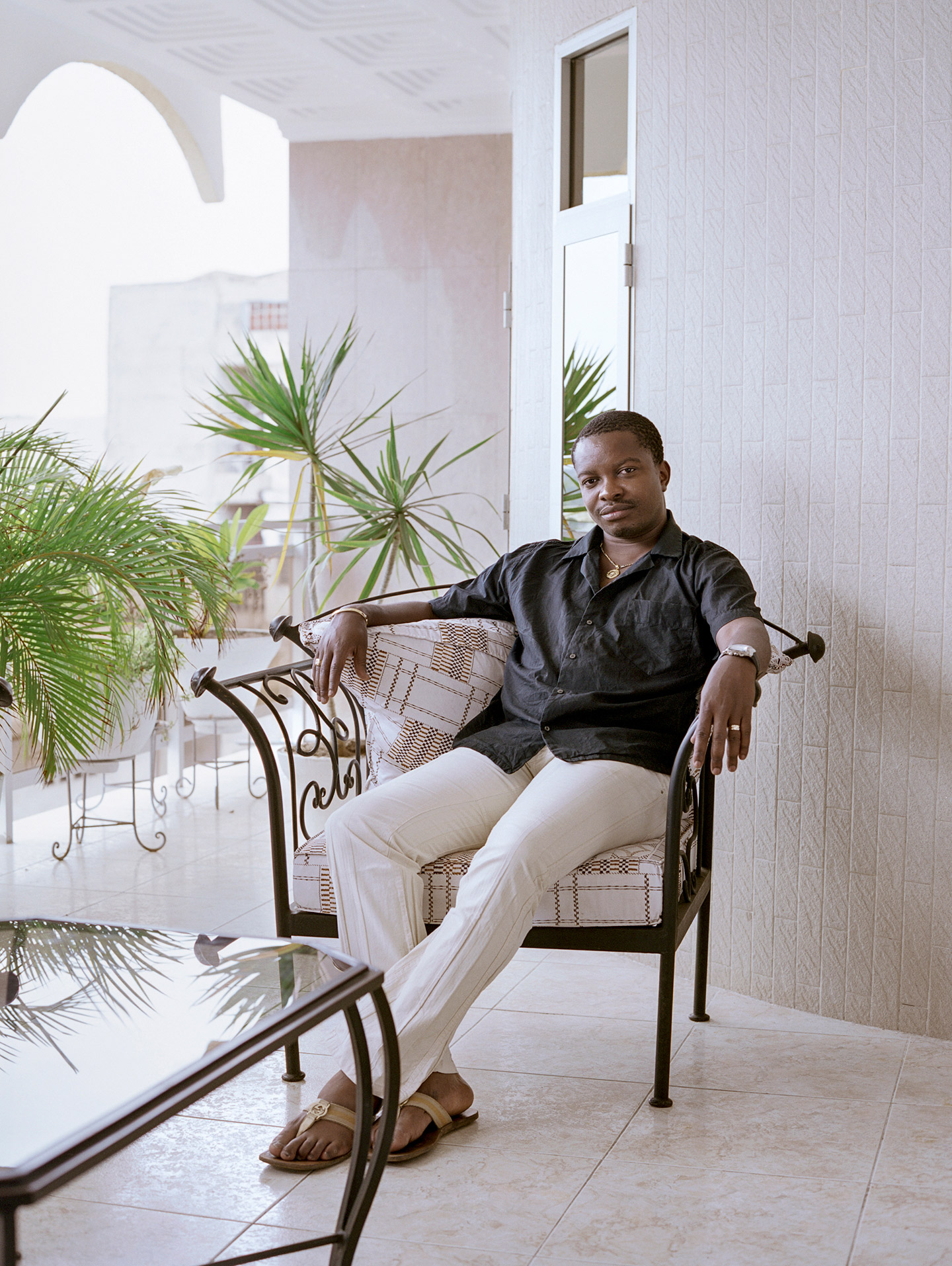
38 year-old Swiss photographer Flurina Rothenberger presents I Love to Dress Like I Am Coming from Somewhere and I Have a Place to Go, her latest book of photographs she made over the last ten years that show a quite different Africa than as usually portrayed in the Western media.
Flurina’s book was designed by Hammer and is published by Edition Patrick Frey – buy it here.
Hello Flurina, thank you for this interview. What are your main interests as a photographer?
Human differences. The world should be a safe place for our differences – they define its complexity and beauty. This is an incentive I carry with me and photography is a generous medium to serve this purpose. It can easily stretch its bounderies between co-existing realities, between facts and dreams, giving up neither one nor the other. This makes it both a humble and a powerful tool.
Please introduce us to your photobook I Love to Dress Like I Am Coming from Somewhere.
I’d bluntly say it’s about ordinary life, unpretentious and exciting. It’s also an invitation to zap through selected areas of a vast and diverse continent, one which is neither drowning in collective hopelessness nor vibrantly rushing towards prosperity. In reality, people here are like everyone else in the world – active players living their lives and making something out of it.
What is exactly the story of the full title, I Love to Dress Like I Am Coming from Somewhere and I Have a Place to Go?
While researching a project about West Africans studying abroad, I stumbled across this quote from Oyebamire Bola, a Nigerian student enrolled in medecine at a university in Russia. This brief self-description hit me with its accuracy: it corresponds perfectly with the confident attitude to life, expressed by so many people I meet and photograph on the African continent. So I made it the title of the book.
As someone who was born and raised in Africa, how would you describe the continent? In your images we see a land certainly not rich but full of life and different from the Western representation of it…
I was raised in Ivory Coast. One country out of currently 54 sovereign states, each formed by its very own history and present reality. The impetus to describe the entire African continent in a few words is thoughtless: Africa is many fascinating and ambiguous things, but it is certainly not a poor continent.
Africa’s fortune is a supply base to demands in many parts of our world. Its wealth is commonly exported without any local added value. This continent has served the development of growing economies outside Africa for centuries. To call such a place poor without adressing the little wellfare spoon a community is being fed with, in return of appropriating its fertile farmland for a palm-oil plantation, is a deliberate strategy of benefitting industrial nations. Western representation of Africa is for sale and part of this system. Luckily there are now plenty of plattforms giving access to other visual representations, Everyday Africa being one of them.
In particular, your photographs show the youngest generations of Africa. What is it like to be a young African today?
It’s true that I have a strong interest for this subject. Africa has the highest concentration of young people on the planet, and this generation is no less hybridized in Africa than elsewhere in the world. As in many other countries with limited opportunities, young people from African nations are treated like an unwanted gift. It’s a generation globally connected but effectively stuck.
Many young people I talk to, organize protests to denounce political failure, lurking unemployement and a corrupt education system – the recent #FeesMustFall rally in South Africa led thousands of students to the streets in protest against the raise of university fees, and they landed a victory. In regards to social and moral issues however, a majority holds on to surprisingly conservative values. I find that interesting. It’s one of several enlightening aspects I enjoy to explore with my work.
The book is made with photos you took across Africa over the last ten years. On what occasions where the images taken, and how did you decide which ones to include?
Some images were taken during a project or an assignment, others while staying with friends. The pile of images grew, crushing me a little more with every added journey. I stopped editing my work all together. Then my sister Sereina Rothenberger and David Schatz, who run the graphic design studio Hammer together, suggested to develop an edit with shots they would pull from the dark of my archive. It was the incentive to a close and refreshing collaboration, resulting in the current book, an object which brings me the joy of finding my photographs just where they belong: roofed by no further purpose than the one to speak for themselves, each embedding its own story.
Clothing is a central element in many of the portraits included in the book. Why did you choose to put a focus on “style”?
It was never a deliberate choice to set a focus on style. I suppose what is perceived is the genuine expression of confidence and care which people give their appearance.
When I photograph people in Europe, I can feel one hundred years of body-hostile history. Very few individuals venture into accepting the body as an independent instrument of expression – instead, it’s considered a compound for the mind. It’s cogito ergo sum: “I think therefore I am”; not “I run, dance, breathe, play, flirt, and fight, therefore I am.” In Africa, I find that people with very individual educational, social, and cultural backgrounds often approach this differently. The body doesn’t only serve as a vehicle for the mind. It holds its own legitimate and stand-alone value. In my opinion, this accounts for the strong presence, attitude and power of style most people radiate in day-to-day life.
Did you have any specific reference or source(s) of inspiration in mind while working on I Love to Dress Like I Am Coming from Somewhere?
I rather had a very clear vision in mind of references I didn’t want for this book.
What have been the main influences on your photography?
It’s the people I meet. Commonly I’m a guest in someone else’s reality when I work. The proximity my opposite decides to give me and the nature of dialogue evolving between us: this is the main influence on my photography.
Who are some of your favorite contemporary photographers?
There are many. I very much admire the beauty and complexity in Andrea Stultiens’ work. I much enjoy the work of Nobukho Nqaba. Two very different street photographers who share a fantastic eye for glamourous daily business are Francis Kokoroko from Ghana and Shawn Theodore from the States. I admire too the photographs of Pavel Prokopchik, Akshay Mahajan, Tobias Zielony, Akram Zaatari. I will close the list with a special friend, supporter and incredible photographer: Shirana Shahbazi.
Choose your #threewordsforphotography.
Let. Me. In.
Keep looking...

FotoCal — Photography Awards, Grants and Open Calls Closing in June 2025

FotoCal — Photography Awards, Grants and Open Calls Closing in May 2025

FotoCal — Photography Awards, Grants and Open Calls Closing in April 2025

FotoCal — Photography Awards, Grants and Open Calls Closing in March 2025

FotoCal — Photography Awards, Grants and Open Calls Closing in February 2025

FotoCal — Photography Awards, Grants and Open Calls Closing in January 2025

FotoCal — Photography Awards, Grants and Open Calls Closing in December 2024

